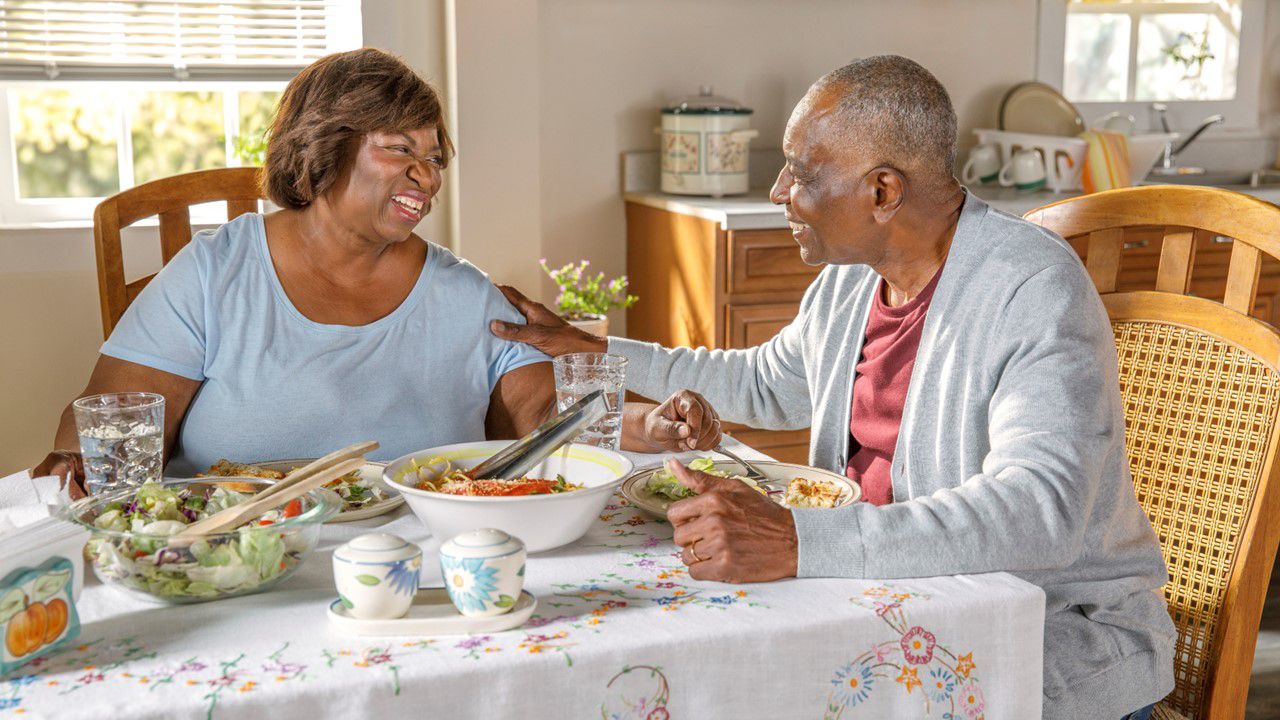Minority Mental Health Month was created to bring awareness to the mental health challenges that some racial and ethnic groups face daily. Approximately two-thirds of people with diagnosable mental illness do not seek treatment, according to the Anxiety and Depression Association of America’s Office of Minority Mental Health. It is even less likely that people of color in the U.S. will receive mental health services when they struggle with mental illness. Some obstacles that minorities face to receiving adequate and equitable healthcare include access, financial strain, lack of culturally competent providers and lack of health insurance.
A person’s overall well-being can be influenced by feelings of inclusion and sense of belonging. Discrimination, prejudice, and a lack of belongingness can lead to feelings of exhaustion and exclusion. An example of this has been called “racial battle fatigue” resulting from regular exposure to prejudiced information, frequent prodding on racial issues and the invalidation of personal experiences. People of color have been conditioned to interpret social situations and decisions from a racial standpoint which leads to always having to be on guard to protect themselves from potential harm or bias because of the negative light in which they are portrayed. For minorities to participate fully in society, it’s important to have a supportive space where they can be seen, protected, and heard. Their senses of well-being and belongingness are heightened by knowing that they are in an inclusive environment.
Over the past 13 years, Humana employees have formed multiple network resource groups (NRGs) to support diverse affinity groups in the workplace, including IMPACT (African American/ Black), Unidos (Hispanic/Latinx), NA & I (Native American & Indigenous), and HAPI (Humana’s Asian & Pacific Islander). The activities of these employee-led and driven groups impact Humana’s culture at work and commitment to the communities we serve. They provide personal, experience-based forums for building community and the exchange of ideas. NRGs provide a safe space for those who identify with these diverse groups and encourage allies to ask questions to learn about different cultures and diverse experiences. These groups help us see through a more diverse lens while making business decisions.
Recently, the IMPACT NRG held its first summit celebrating Juneteenth with seminars and panels offering open discussion, as well as hosting special youth guests from Sowing Seeds with Faith who came to Humana to learn about the holiday. Members of My Brother's Keeper led a panel on mental health and the stigma that often surrounds it in communities of color. The panelists advocated for therapy and discussed the importance of caring for mental health and expressing your feelings, dismantling the idea that crying is a sign of weakness in males. Panelists stressed that internalizing your feelings is harmful not just to you, but also to people around you. It is ok to ask for help so that issues can be resolved in a healthy manner. A big takeaway from the session was that there will be difficulties in life, but that these experiences make you stronger and wiser in the long term.
To learn more about how Humana recognizes minority mental health year around, please read this article from Dr. Nwando Olayiwola, Chief Health Equity Officer and Senior Vice President. Explore our Impact Report to learn more about our focus on diversity, equity and inclusion and the impact that has on the communities we serve.


